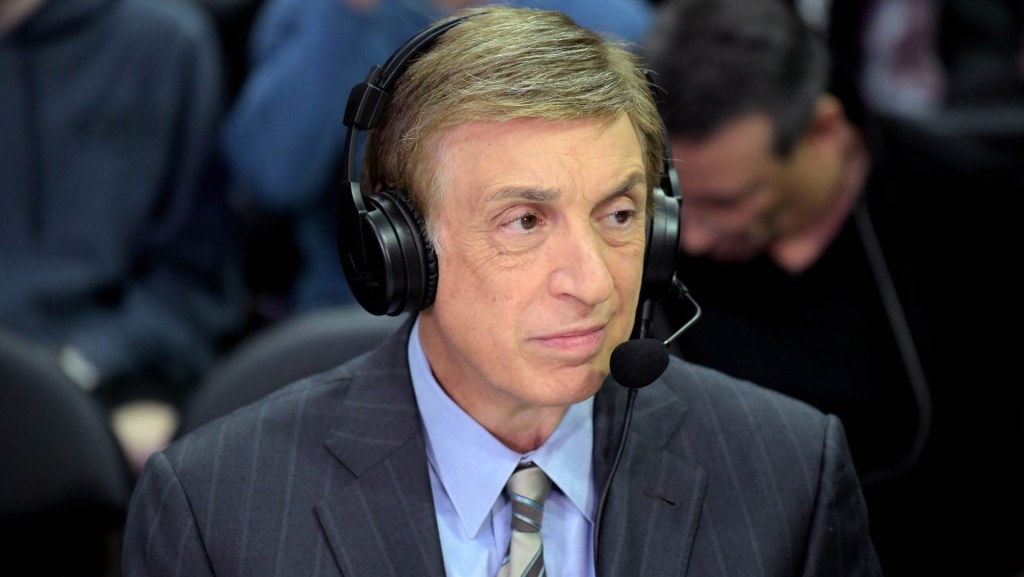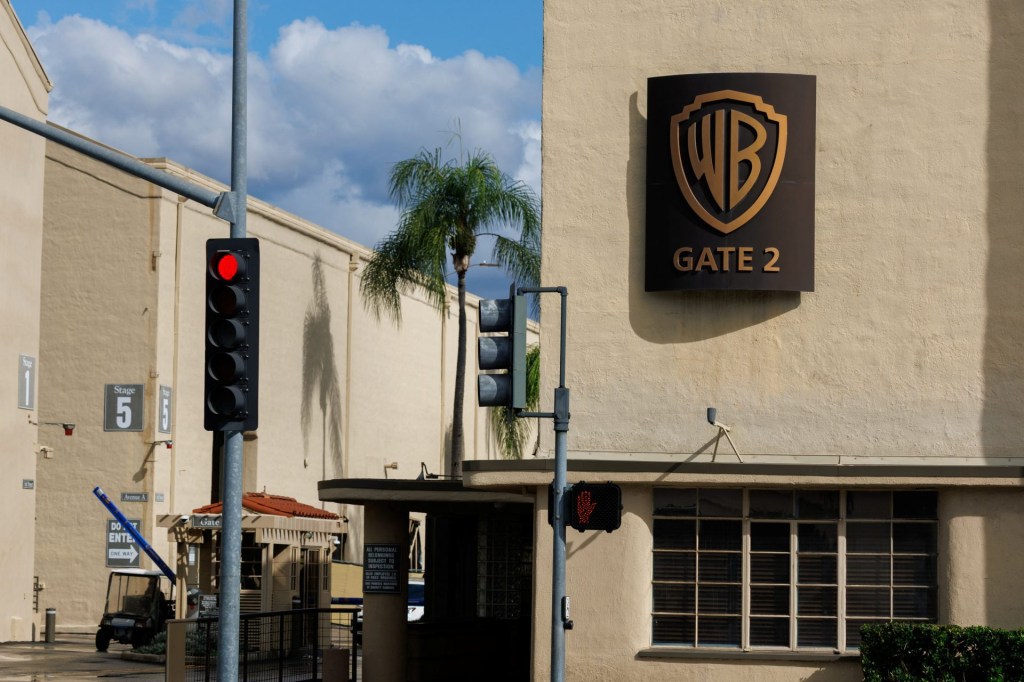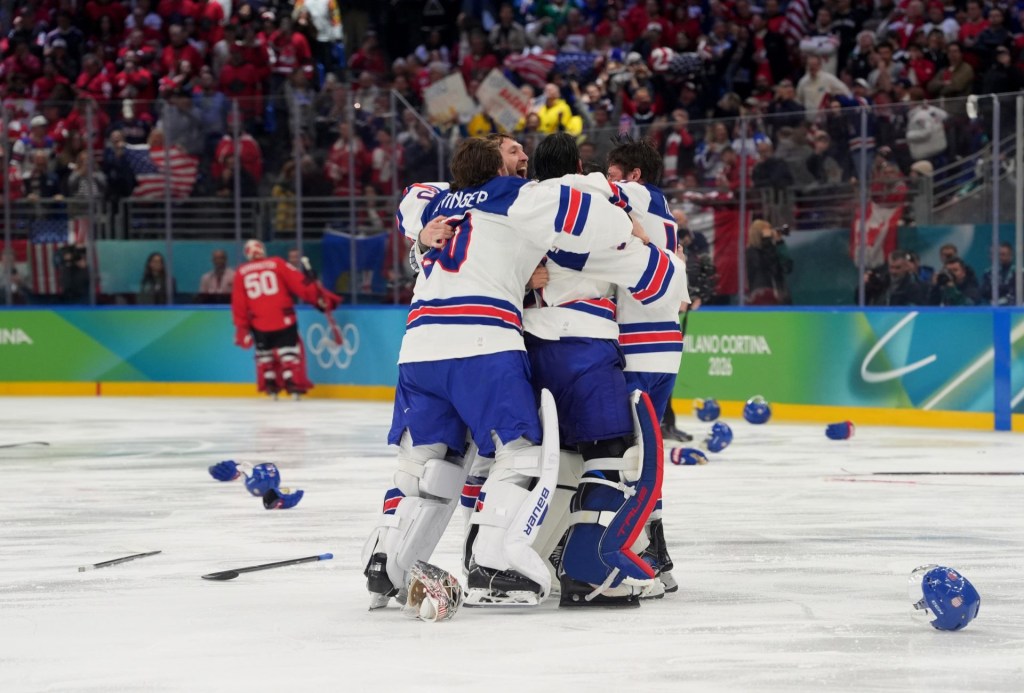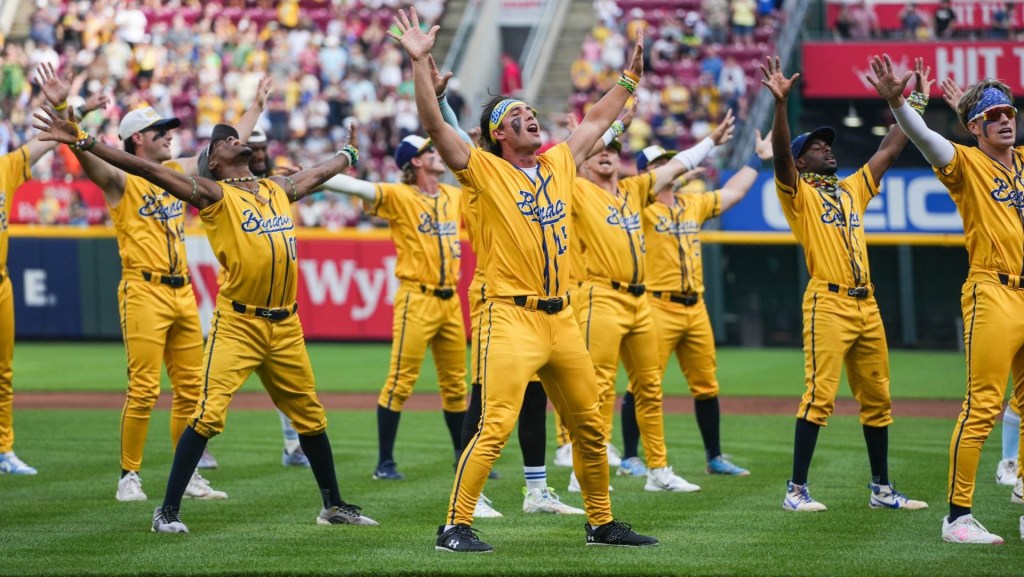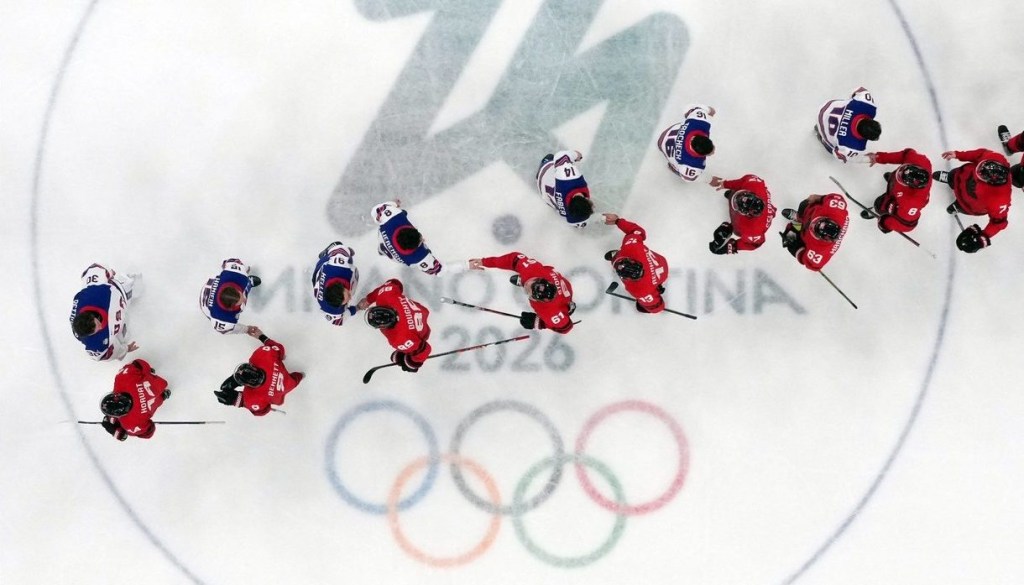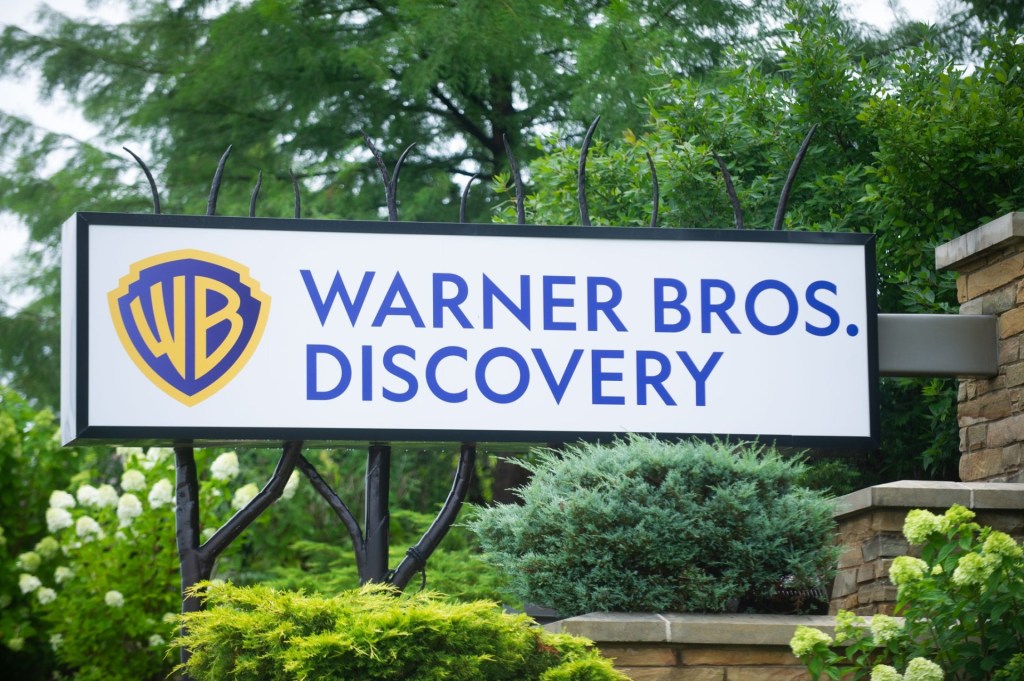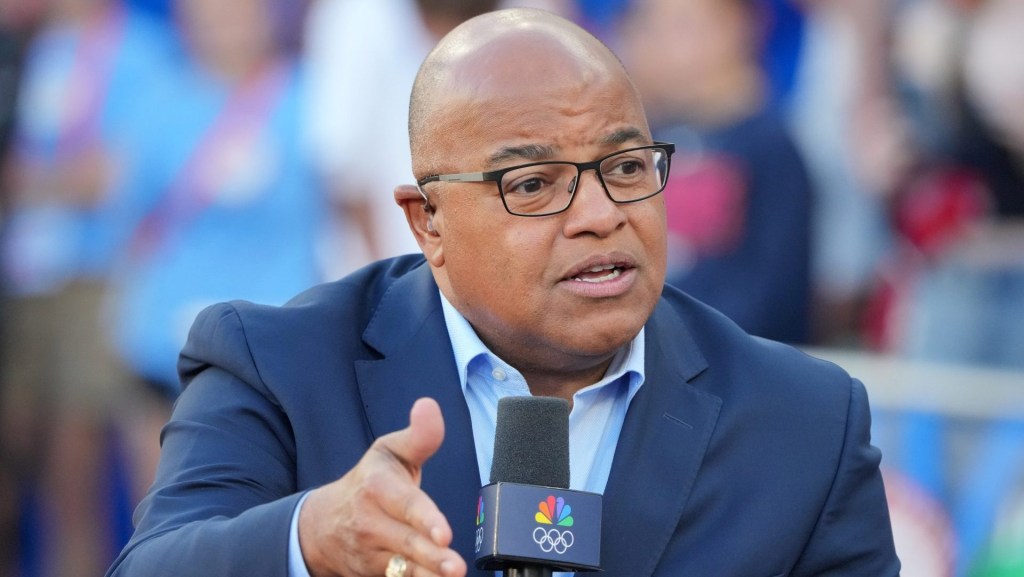The controversy over audience measurement for Amazon’s “Thursday Night Football” and other live streaming programming has hit another flashpoint.
Nielsen sharply rebuked criticism that it is improperly favoring the online giant, formally responding to the Video Advertising Bureau, an advocacy group that had accused the measurement agency of wrongly bending to Amazon’s whims by moving to incorporate first-party streaming data in its viewership reports.
“Your letter accuses Nielsen of unfairness, a lack of transparency, and forcing a change on the industry,” Nielsen said. “We wholeheartedly object to those accusations.”
Billions On The Line
At stake are potentially billions of dollars in advertising. The inclusion of the first-party data, supplementing Nielsen’s traditional independent research, will likely elevate ratings for “Thursday Night Football” by allowing for higher rates during the games. An auditing component is also part of the proposed change.
The enhanced metrics also carry far-reaching implications for Amazon’s push to land other major live sports rights.
The plan is now before the Media Rating Council, which accredits media measurement, for final approval.
The move quickly angered rival linear networks that also carry NFL games, including ESPN and Fox. CBS Sports chairman Sean McManus, normally one of the industry’s more reserved executives, also criticized the measurement change.
“A fair and accurate audience measurement across all platforms, as you know, is absolutely vital to our industry,” McManus said. “Anything that is not impartial and unbiased is unacceptable to us. I must say that we think it’s extremely odd and unfortunate that different rules are suddenly applying to one platform.”
Last year, Nielsen said “Thursday Night Football” games averaged 9.58 million viewers on Amazon Prime Video, though Amazon said its internal data showed a viewership average nearly 18% higher.
To that end, NFL chief media and business officer Brian Rolapp said, “We have for a very long time, certainly pre-Amazon, felt that our games were a bit underrepresented in total viewership.”
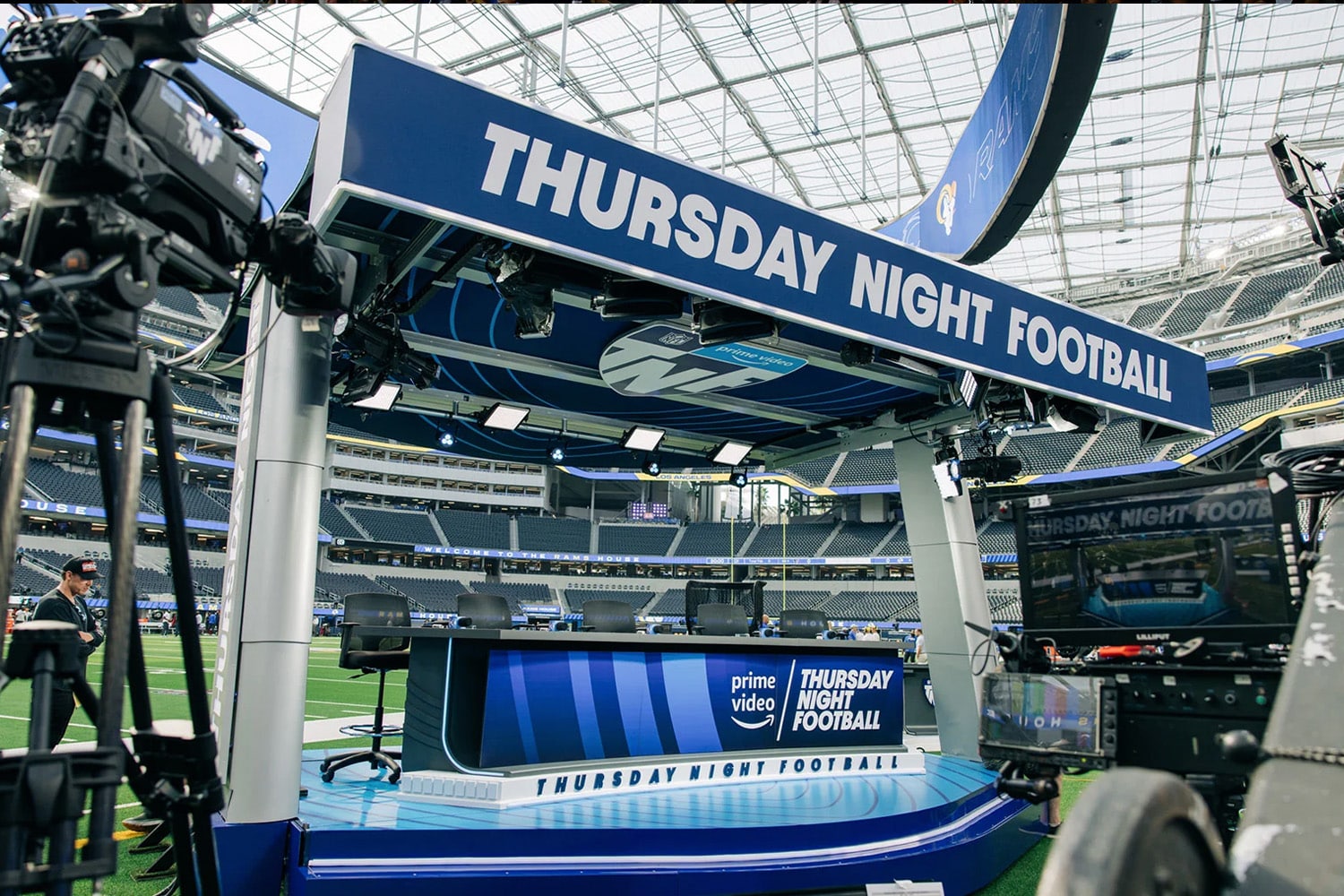
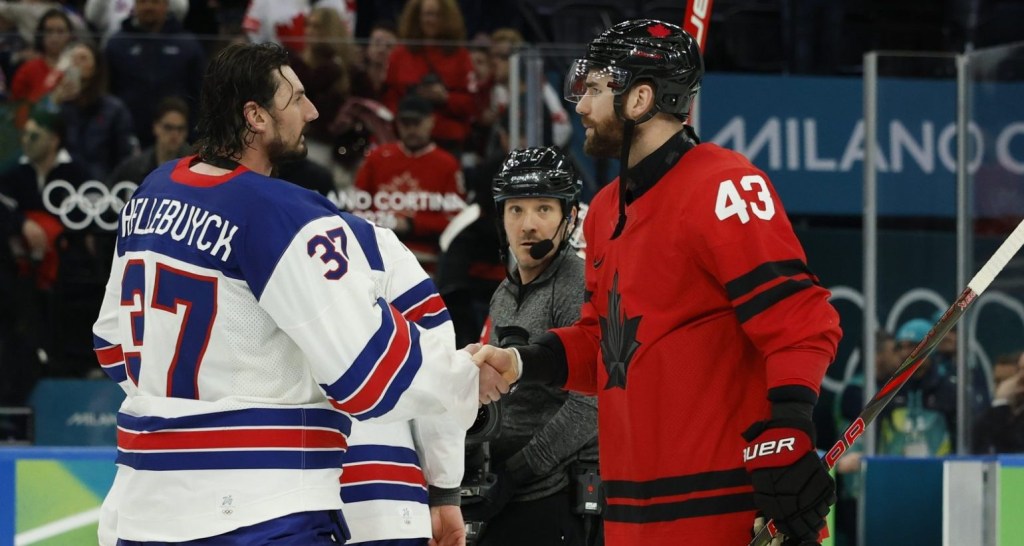
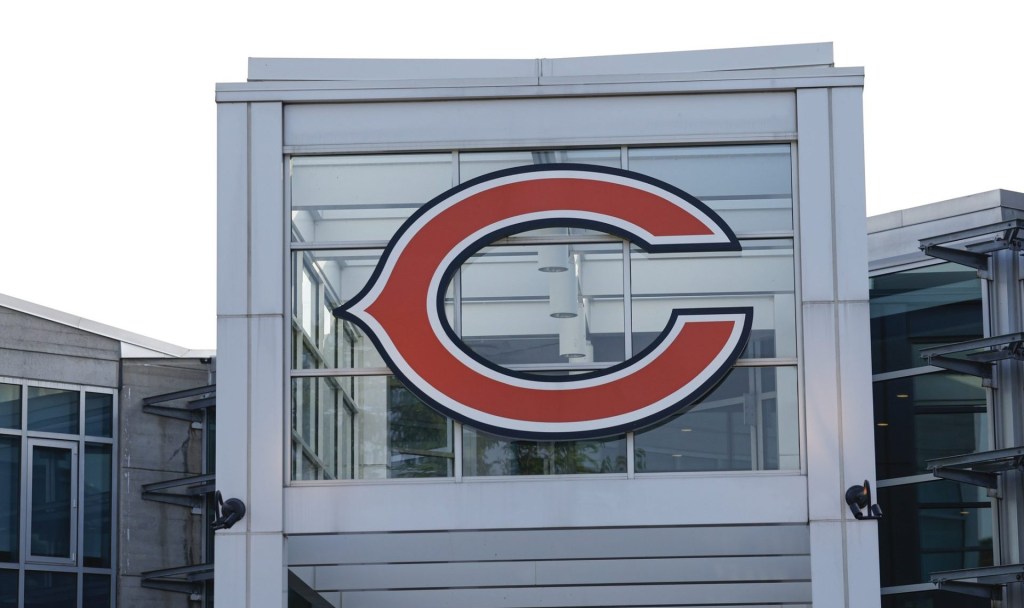
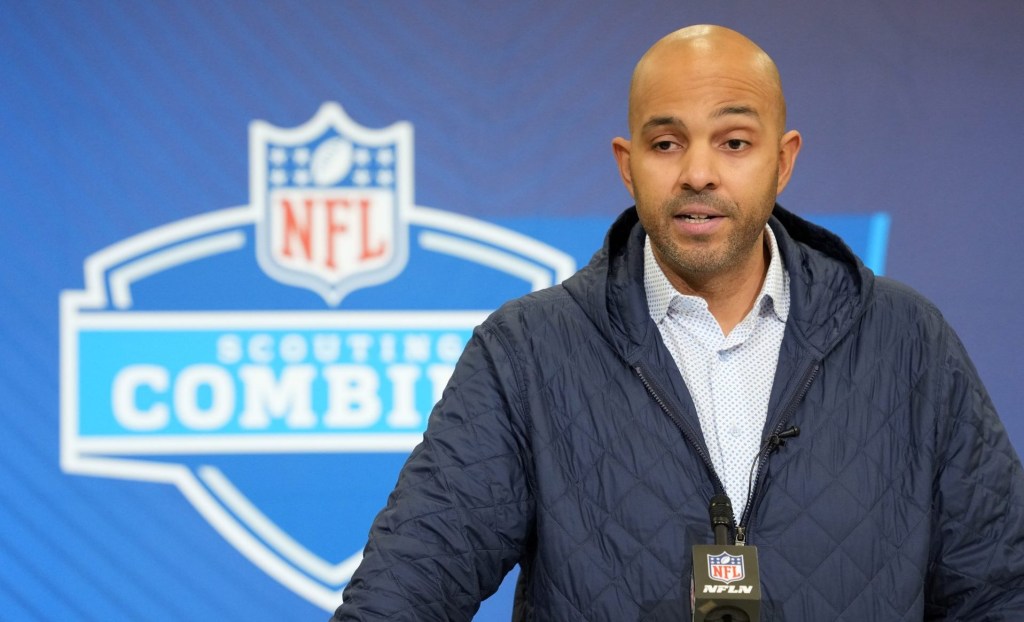
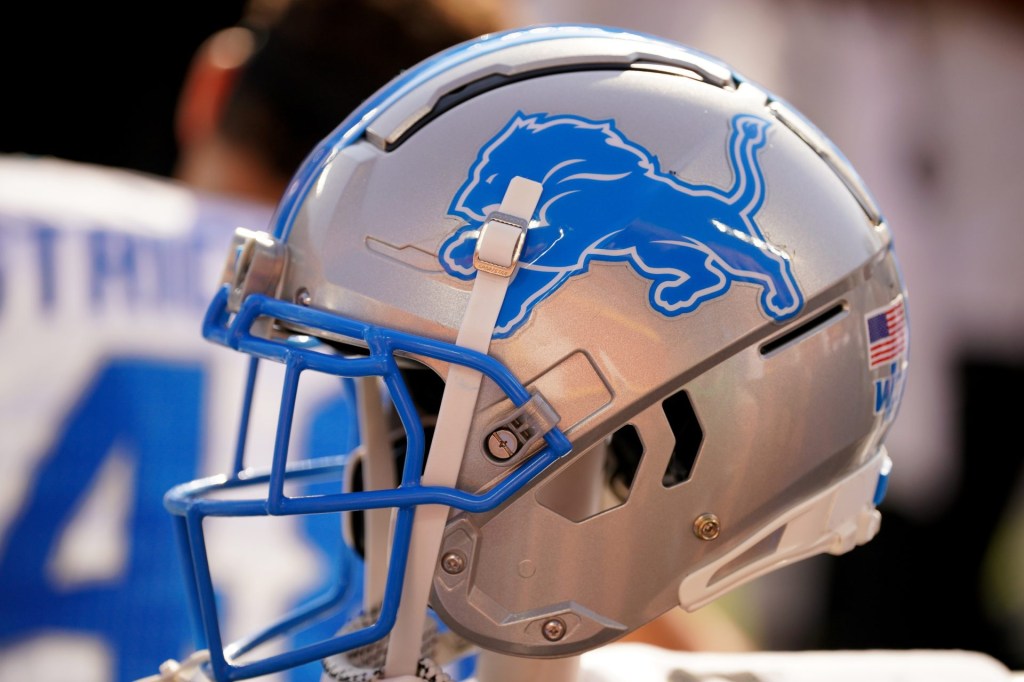
![[Subscription Customers Only] Jul 13, 2025; East Rutherford, New Jersey, USA; Chelsea FC midfielder Cole Palmer (10) celebrates winning the final of the 2025 FIFA Club World Cup at MetLife Stadium](https://frontofficesports.com/wp-content/uploads/2026/02/USATSI_26636703-scaled-e1770932227605.jpg?quality=100&w=1024)



